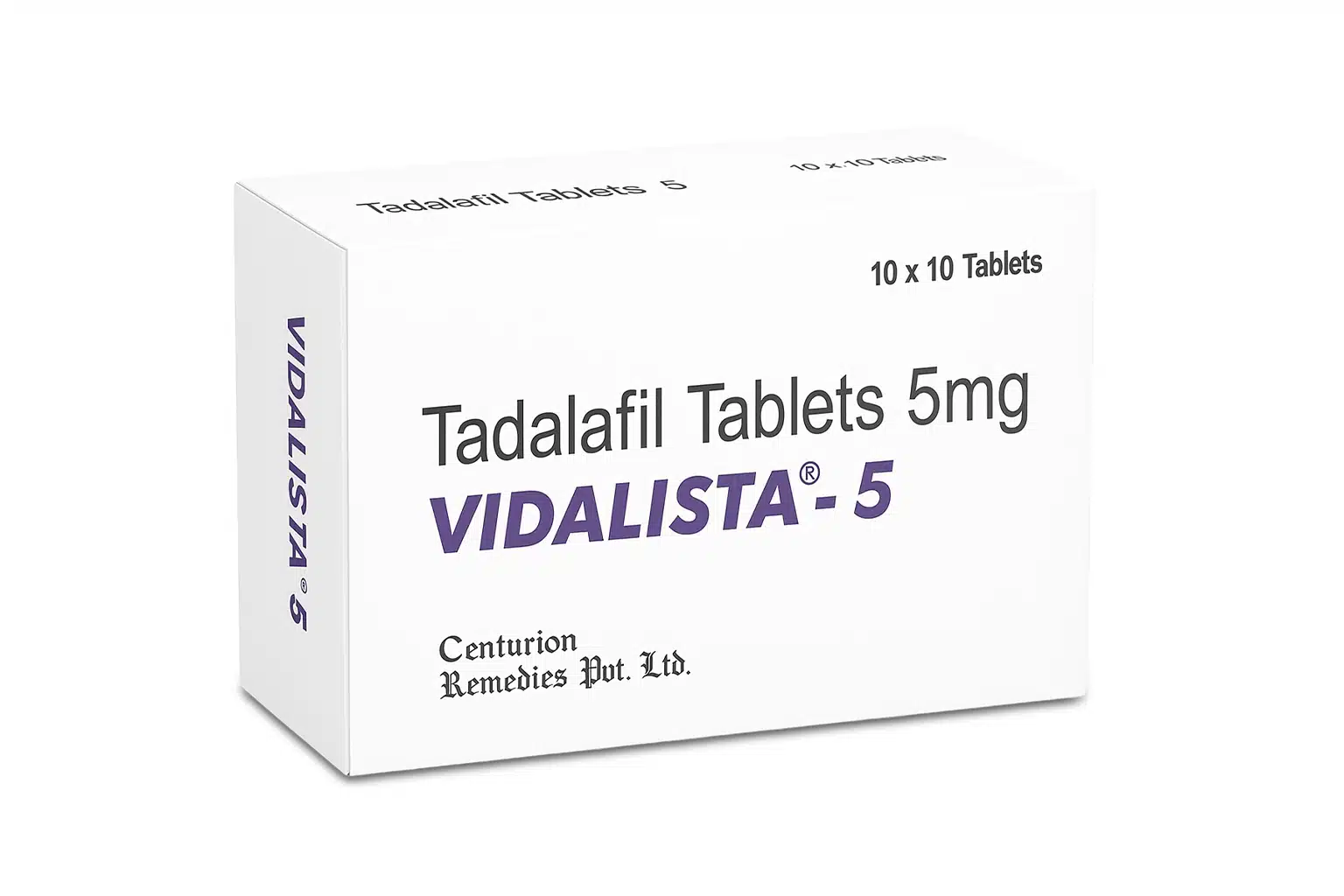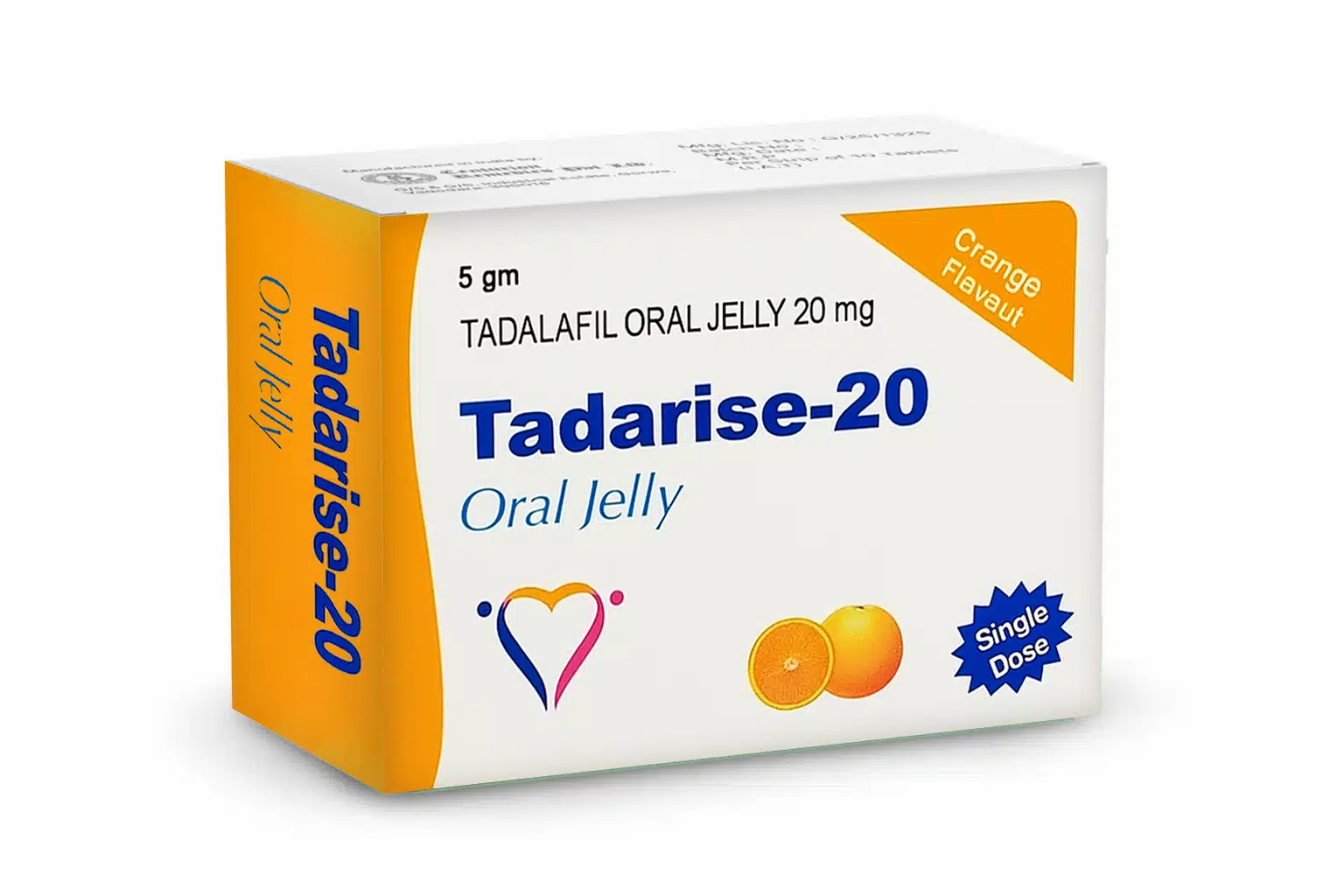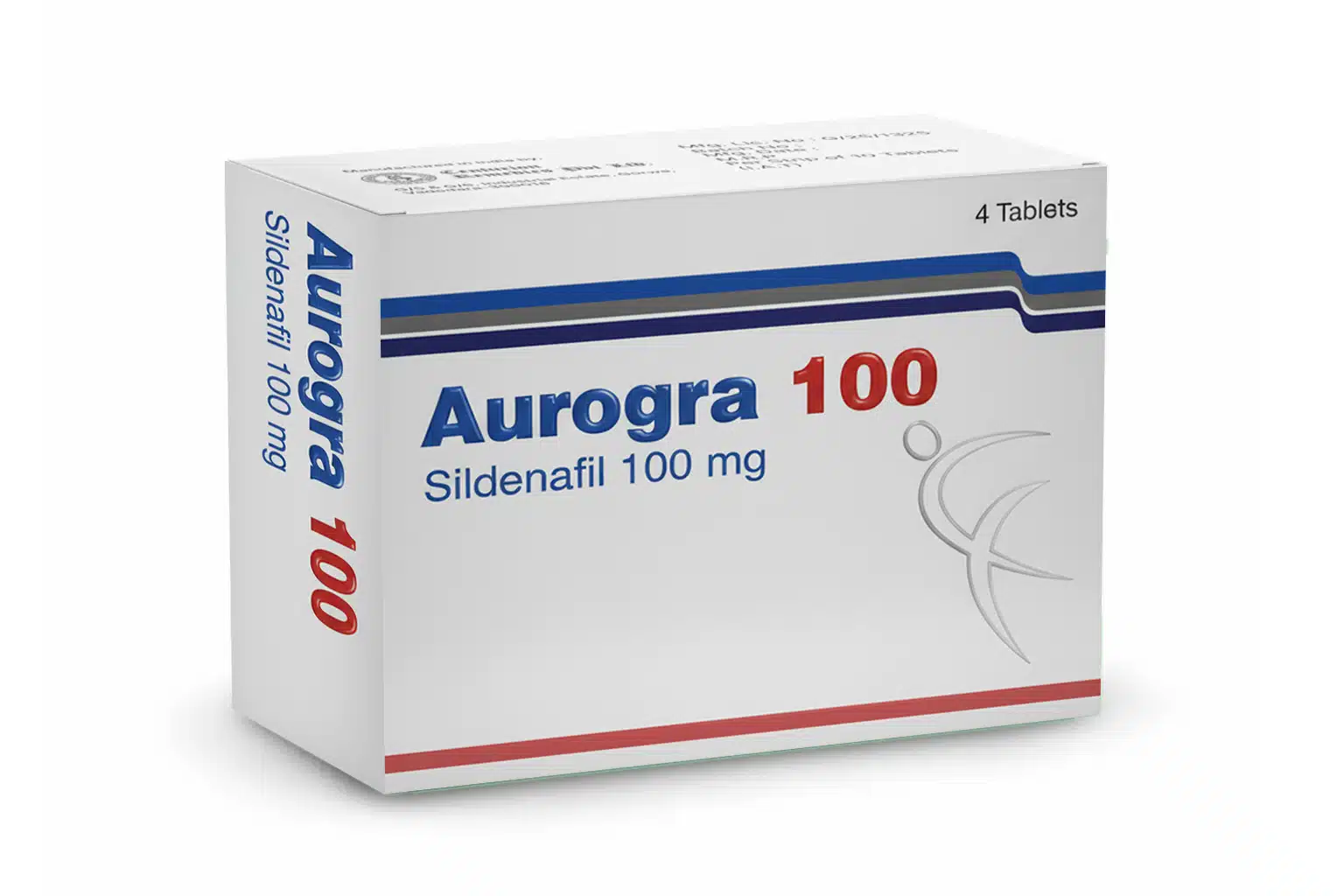Most people think of sleep as simple—you close your eyes, rest, and wake up ready for the next day. But for a lot of men, it doesn’t work that way. They go to bed on time, sometimes even sleep a full seven or eight hours, yet still wake up feeling drained. One of the biggest hidden reasons behind this? Sleep apnea.
What is Sleep Apnea?
Sleep apnea isn’t just snoring. It’s when breathing actually stops for short periods during the night. For many, it happens over and over again, sometimes dozens or even hundreds of times. The body keeps waking itself up just enough to restart breathing, but not enough for the person to realize it.
That constant interruption means the brain never gets into the deep, refreshing stages of sleep. Even though a man may think he “slept all night,” the truth is his rest was broken into pieces.
Why Men Get Hit Harder
Both men and women can develop sleep apnea, but men are more likely to experience it. A few reasons explain this. Men usually carry more weight around the neck and upper body, which can make airways collapse more easily. Hormones also play a role, with testosterone affecting how the throat muscles behave during sleep.
So when we talk about sleep apnea in men, we’re talking about something that’s not just common—it’s often overlooked until the symptoms become hard to ignore.
Spotting the Signs
A lot of men brush it off at first. They’ll say they just “don’t sleep well” or that they’re “always tired.” But the signs are there if you know what to look for.
Typical sleep apnea symptoms include:
- Loud snoring, often noticed by a partner
- Gasping or choking sounds at night
- Waking up with a dry mouth or sore throat
- Feeling like sleep wasn’t refreshing at all
Then there are the more subtle ones. Trouble focusing at work, dozing off during a meeting, getting irritated easily, or forgetting small things. Those often get blamed on stress or age, but poor sleep is usually at the root.
Why You’re Always Tired in the Day
Men with apnea often complain about feeling wiped out during the day, no matter how early they went to bed. The body never makes it into full recovery mode, which is why daytime fatigue can often be traced back to sleep issues.
It goes beyond simple physical fatigue as well. Coffee only covers up this type of fatigue for an hour or two. Constantly not getting enough sleep eventually saps motivation, vitality, and even mood.
Poor Sleep Means Poor Concentration
Think of the brain like a computer. Sleep is the reset button that clears the memory and reloads the system. When that reset keeps getting interrupted, glitches appear. That’s what happens when apnea keeps someone from reaching deeper stages of rest.
This explains why men with apnea often deal with poor sleep and concentration. They have trouble focusing, lose track of conversations, and occasionally even feel as though their brain is covered in fog.
Focus and Mental Clarity Take a Hit
So how exactly does this play out in daily life? Imagine driving and missing road signs you normally notice, or sitting through a meeting but not remembering half of it afterward. That’s how sleep apnea and mental clarity connect. The brain isn’t getting the oxygen and recovery time it needs.
Researchers have even found that long-term apnea can shrink areas of the brain tied to memory and problem-solving. It’s not just being tired—it’s literally how sleep apnea affects focus on a biological level.
Best Seller
-
Cenforce 100 Mg
Best Seller$24.00 – $215.00Price range: $24.00 through $215.00Rated 5.00 out of 5Shop Now This product has multiple variants. The options may be chosen on the product page -
Vidalista 5 Mg
Best Seller$18.00 – $182.00Price range: $18.00 through $182.00Rated 4.00 out of 5Shop Now This product has multiple variants. The options may be chosen on the product page -
Vidalista 40 Mg
Best Seller$28.00 – $276.00Price range: $28.00 through $276.00Rated 4.00 out of 5Shop Now This product has multiple variants. The options may be chosen on the product page -
Cenforce 200 Mg
best sellers$31.00 – $335.00Price range: $31.00 through $335.00Rated 4.00 out of 5Shop Now This product has multiple variants. The options may be chosen on the product page -
Cenforce Fm
Best Seller$33.00 – $218.00Price range: $33.00 through $218.00Rated 4.00 out of 5Shop Now This product has multiple variants. The options may be chosen on the product page -
Kamagra 100 mg
best sellers$24.00 – $125.00Price range: $24.00 through $125.00Rated 5.00 out of 5Shop Now This product has multiple variants. The options may be chosen on the product page -
Fildena 100 mg
best sellers$24.00 – $244.00Price range: $24.00 through $244.00Rated 4.00 out of 5Shop Now This product has multiple variants. The options may be chosen on the product page -
Malegra Oral Jelly 100 Mg
Best Seller$8.00 – $44.00Price range: $8.00 through $44.00Rated 5.00 out of 5Shop Now This product has multiple variants. The options may be chosen on the product page -
Super Kamagra Oral Jelly
Best Seller$25.00 – $120.00Price range: $25.00 through $120.00Rated 4.00 out of 5Shop Now This product has multiple variants. The options may be chosen on the product page -
Tadarise Oral Jelly
Best Seller$19.00 – $72.00Price range: $19.00 through $72.00Rated 4.00 out of 5Shop Now This product has multiple variants. The options may be chosen on the product page -
Careforce 200 Mg
Best Seller$29.00 – $332.00Price range: $29.00 through $332.00Rated 5.00 out of 5Shop Now This product has multiple variants. The options may be chosen on the product page -
Stallegra 100 Mg
best sellers$88.00 – $224.00Price range: $88.00 through $224.00Rated 5.00 out of 5Shop Now This product has multiple variants. The options may be chosen on the product page -
Exclusive
Aurogra 100 Mg
best sellers$29.00 – $76.00Price range: $29.00 through $76.00Rated 4.00 out of 5Shop Now This product has multiple variants. The options may be chosen on the product page -
Priligy 30mg
best sellers$22.00 – $156.00Price range: $22.00 through $156.00Rated 4.00 out of 5Shop Now This product has multiple variants. The options may be chosen on the product page
Sleep and the Brain’s Bigger Picture
The thing is, sleep disorders don’t only make you tired. They change how the brain functions over time. Poor rest is linked to depression, anxiety, and even memory decline. When people talk about sleep disorders and brain health, apnea often tops the list because of how often it interrupts oxygen flow at night.
This explains why some men wake up feeling drained and moody for no clear reason. The brain simply isn’t being given the environment it needs to recharge.
Low Energy in Men Isn’t Always Age
Men in their 40s or 50s often notice they don’t have the same stamina they once did. Some assume it’s just aging. But one of the overlooked low issues in men is undiagnosed sleep apnea.
The kicker? Many men chase other fixes—energy drinks, supplements, even medications like CENFORCE 150 without realizing their poor sleep is the real issue. Improving rest often restores energy levels in a way that quick fixes can’t.
The Risks of Ignoring It
Tiredness might sound manageable, but apnea carries bigger problems. Some of the main untreated sleep apnea risks include:
- High blood pressure and heart disease
- Stroke
- Type 2 diabetes
- Weight gain, since poor sleep messes with appetite hormones
- Higher risk of accidents, especially from drowsy driving
So while men may brush off fatigue as something minor, the long-term health effects are anything but minor.
What Can Be Done About It
The good news? Apnea is treatable. Doctors usually suggest one of several approaches:
- Lifestyle changes – Losing weight, exercising, and cutting alcohol before bed can make a big difference.
- CPAP therapy – A machine that gently pushes air through a mask to keep the airway open. It’s common for moderate to severe cases.
- Oral devices – Special mouthpieces that shift the jaw or tongue so breathing stays clear.
- Surgery – In more stubborn cases, removing extra tissue or adjusting airway structures may be needed.
Treatment doesn’t just stop the snoring. It restores deep sleep, which means better mornings, sharper focus, and more energy to enjoy life.
What Life Feels Like After Treatment
When men finally get treatment for their apnea, they frequently comment on how much better their condition has become. They wake up feeling refreshed rather than dragging through the mornings. The collision lessens in severity in the middle of the afternoon. Overall mood improves, memory gets better, and focus gets sharper.
Once the body gets the deep rest it’s been missing, energy and clarity come back. It’s not just about stopping snoring—it’s about getting life back on track.
Wrapping It Up
Sleep apnea is one of those conditions that flies under the radar. For many men, it explains the low energy, the brain fog, and the constant tiredness that nothing else seems to fix. From daytime fatigue causes to the serious health risks down the line, ignoring it only makes things worse.
The hidden effects show up in ways men often don’t connect to sleep—trouble focusing at work, short tempers, or even health scares. But once it’s recognized and treated, the changes are massive.
Better sleep isn’t just about feeling rested. It’s about having the energy, focus, and mental clarity to live fully. And for many men, uncovering and treating apnea is the key to making that possible.
FAQs
- Can sleep apnea cause memory problems?
Yes. Poor sleep interrupts how the brain stores information. Over time, men with untreated apnea often notice forgetfulness, difficulty concentrating, and even brain fog that feels like early memory loss.
- Is snoring always a sign of sleep apnea?
Not always. Many people snore without having apnea. The difference is that apnea includes pauses in breathing, choking, or gasping sounds at night. If that’s happening regularly, it’s worth getting checked.
- What’s the biggest risk of ignoring sleep apnea?
The most serious risks are heart disease, high blood pressure, and stroke. Even beyond those, untreated apnea can leave men drained, unfocused, and at higher risk of accidents.
- Does losing weight help with sleep apnea?
In many cases, yes. Extra weight around the neck and chest can make the airway collapse more easily during sleep. Weight loss, along with other treatments, often reduces symptoms.
- Can younger men get sleep apnea, too?
Definitely. While it’s more common after age 40, younger men—especially those who are overweight or have a family history—can also develop it. It’s not just an “older man’s problem.”
References
- American Academy of Sleep Medicine. What Is Sleep Apnea? https://sleepeducation.org/sleep-apnea/
- National Heart, Lung, and Blood Institute (NHLBI). Sleep Apnea. https://www.nhlbi.nih.gov/health/sleep-apnea
- Mayo Clinic. Sleep Apnea: Symptoms and Causes. https://www.mayoclinic.org/diseases-conditions/sleep-apnea/symptoms-causes/syc-20377631
- Cleveland Clinic. Obstructive Sleep Apnea. https://my.clevelandclinic.org/health/diseases/8718-sleep-apnea
- National Sleep Foundation. The Connection Between Sleep and Brain Health. https://www.thensf.org/sleep-and-brain-health/















